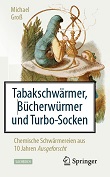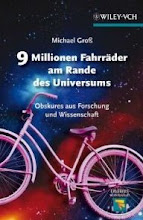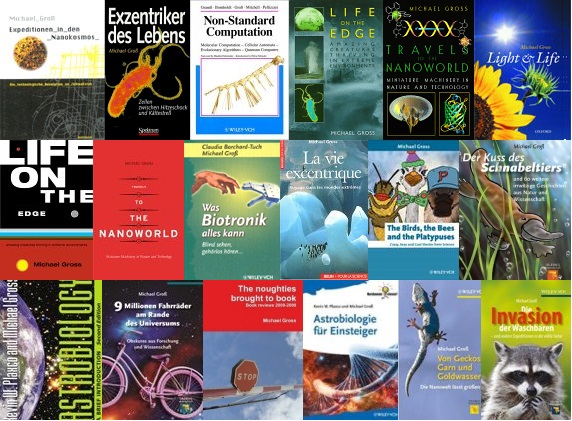I don't normally read chocolate wrapping papers, but last week I did, and I found that the inside of my chocolate paper had an interesting story to tell:
The story of how small-scale cocoa growers in Ghana got to own a chocolate company in the UK . . .
In autumn 1998, Divine, the first ever Fairtrade chocolate bar aimed at the mass market was launched onto the UK confectionery market. In an exciting new business model, the co-operative of cocoa farmers in Ghana own shares in the company making the chocolate bar. Two farmers' representatives came to London to celebrate at the most Divine launch party in town. Here's how it all happened . . . . .
Getting it Together
In the early 1990's, the structural adjustment program involved the liberalisation of the cocoa market in Ghana. A number of leading farmers, including a visionary farmer representative on the Ghana Cocoa Board, Nana Frimpong Abrebrese, came to realise that they had the opportunity to organize farmers, to take on the internal marketing function. This would mean that they could set up a company, to sell their own cocoa to the Cocoa Marketing Company (CMC), the state-owned company that would continue to be the single exporter of Ghana cocoa.
These farmers pooled resources to set up Kuapa Kokoo, a farmers' co-op, which would trade its own cocoa, and thus manage the selling process more efficiently than the government cocoa agents. Kuapa Kokoo - which means good cocoa growers - has a mission to empower farmers in their efforts to gain a dignified livelihood, to increase women's participation in all of Kuapa's activities, and to develop environmentally friendly cultivation of cocoa. The farmers who set up Kuapa Kokoo, were supported by Twin Trading, the fair trade company that puts the coffee into Cafédirect and SNV a Dutch NGO.
Doing the Decent Thing
Kuapa Kokoo weighs, bags and transports the cocoa to market and carries out all the necessary legal paperwork for its members. Kuapa strives to ensure that all its activities are transparent, accountable and democratic.
It doesn't cheat the farmers by using inaccurate weighing scales, as other buying agents often do, and because it operates so efficiently, it can pass on the savings to its members. After seeing the benefits Kuapa gains for its members, more and more farmers want to join and the association now has upwards of 40,000 members organised in approximately 1300 village societies.
Pa Pa Paa - The Best of the Best
Cocoa from Ghana is of a high quality and trades at a premium on the world market. Kuapa Kokoo's motto is pa pa paa - which means the best of the best in the local Twi language. Kuapa's premium quality cocoa is now sold to chocolate companies around the world.
A Choc of One's Own
The cocoa farmers, who were already getting a Fairtrade price from some international customers, voted at their 1997 AGM to invest in a chocolate bar of their own. They decided that rather than aiming for the niche market where most Fairtrade products were placed, they would aim to produce a mainstream chocolate bar to compete with other major brands in UK.
A Brand New Day
Together with Twin, Kuapa helped set up The Day Chocolate Company in 1998, with the enthusiastic support of The Body Shop, Christian Aid and Comic Relief. The company was named in memory of Richard Day, a key member of the team at Twin that had helped Kuapa Kokoo develop its organisation.
The Department for International Development pulled out all the stops to guarantee Day's business loan, and NatWest offered sympathetic banking facilities.
Simply Divine
Divine Fairtrade milk chocolate, made from Kuapa's best of the best fairly traded cocoa beans was launched in October 1998 and by Christmas 1998, had made it onto the supermarket shelves . . .
A first for Fairtrade
The farmers' ownership stake in The Day Chocolate Company a first in the fair trade world, means that Kuapa Kokoo has a meaningful input into decisions about how Divine is produced and sold. Two representatives from Kuapa Kokoo are Directors on the company's Board, and one out of four Board Meetings every year is held in Ghana. As shareholders, the farmers also receive a share of the profits from the sale of Divine. This innovative company structure was recognised when Divine was awarded Millennium Product status.
Beans mean Business
In a ferociously competitive chocolate market worth almost £4 billion in the UK alone, being the new bar on the block can be a daunting prospect. But as so many people adore delicious chocolate, the potential for Divine's success is huge. There are hundreds of chocolate brands available in the UK, and the biggest companies spend up to 10% of their profit margins - tens of millions of pounds - in their fight to retain their brands' positions in the Chocolate Top Ten.
Divine has been developed to appeal to the British public's palate, and it tests favourably against all the market leaders. The UK has one of the highest per capita levels of consumption of chocolate in the world and therefore, even capturing a small proportion of this market translates into real benefits for cocoa farmers.
The latest news
In 2006, original Day Chocolate founder The Body Shop made the brilliant decision to donate its shares in the Company to Kuapa Kokoo - so now the farmers' cooperative has an even bigger stake in Divine. On 1st January 2007, Day Chocolate changed its name to Divine Chocolate Ltd to more closely align the company with our flagship brand, and the brand itself experienced a major redesign. Then on February 14th 2007 the launch of Divine Chocolate Inc in the USA was announced... Another big year in the life of Divine!
-----------------------
OK, the version on the wrapping was a little shorter, but essentially the same story. And the chocolate is good, too.
Divine Chocolate
Subscribe to:
Post Comments (Atom)














1 comment:
I've just had a Divine chocolate. Great to read the story.
Post a Comment